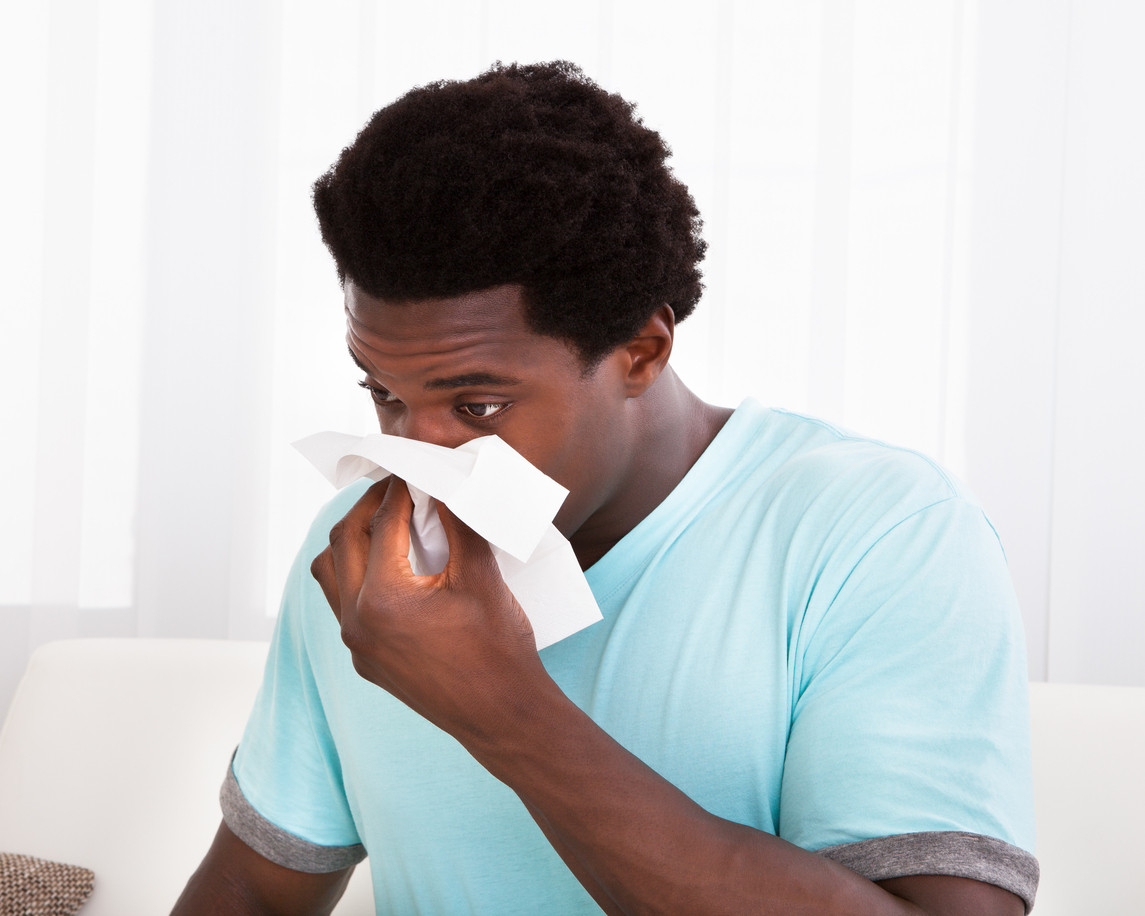Frequently asked questions about colds and the flu

Here are the answers to six commonly asked questions about colds and the flu.
Q. When should I stay home from work or keep my child home from school?
A. Use your judgment to determine when you are feeling too sick to go to work or when your child is feeling too sick to go to school. It is important to stay home when you are most contagious. For colds, you are contagious the entire time you have symptoms, but you are most contagious right after you contract the viral infection, before you even have symptoms. For the flu, adults are most infectious from the day before symptoms start until about the fifth day of symptoms.
Q. When should I see my doctor?
A. If you experience any of the common flu symptoms or if your symptoms do not go away as quickly as you would expect, see your doctor.
Q. How can I avoid passing my cold or flu on to my family?
A. There are many steps you can take to try to avoid spreading germs to the people around you. Always cover your mouth and nose when you sneeze or cough, either with a tissue or by coughing or sneezing into your elbow. Throw used tissues away immediately, ideally into a toilet where they can be flushed away without anyone else touching them. Wash your hands often,
especially after you sneeze, cough, or touch your eyes, nose, or mouth. Keep your distance from others—don't kiss, hug, or stand so close to someone that saliva might get on them when you talk. Make sure someone is disinfecting household surfaces and items frequently, including children's toys.
Q. Why do colds and the flu increase in the winter?
A. Cold weather itself does not cause colds, but people are more likely to stay indoors and spread cold germs to one another when it's cold outside. There is emerging evidence that influenza spreads most efficiently at low temperatures and in low humidity, which may explain why cases of the flu increase so much in the winter.
Q. Is there any truth to the old saying "Feed a cold; starve a fever"?
A. No. When you have a cold or the flu, you should be sure to eat healthful foods and drink plenty of fluids, but there is no need to eat more or less than usual.
Q. Is it okay to get a flu shot when I have a cold?
A. Yes, you can get vaccinated when you have a cold as long as you are not feeling very sick and do not have a fever.
To learn more about colds, flus and related illnesses as well as the best ways to prevent them, buy the Harvard Medical School Guide: Cold and Flu.
Disclaimer:
As a service to our readers, Harvard Health Publishing provides access to our library of archived content. Please note the date of last review or update on all articles.
No content on this site, regardless of date, should ever be used as a substitute for direct medical advice from your doctor or other qualified clinician.















